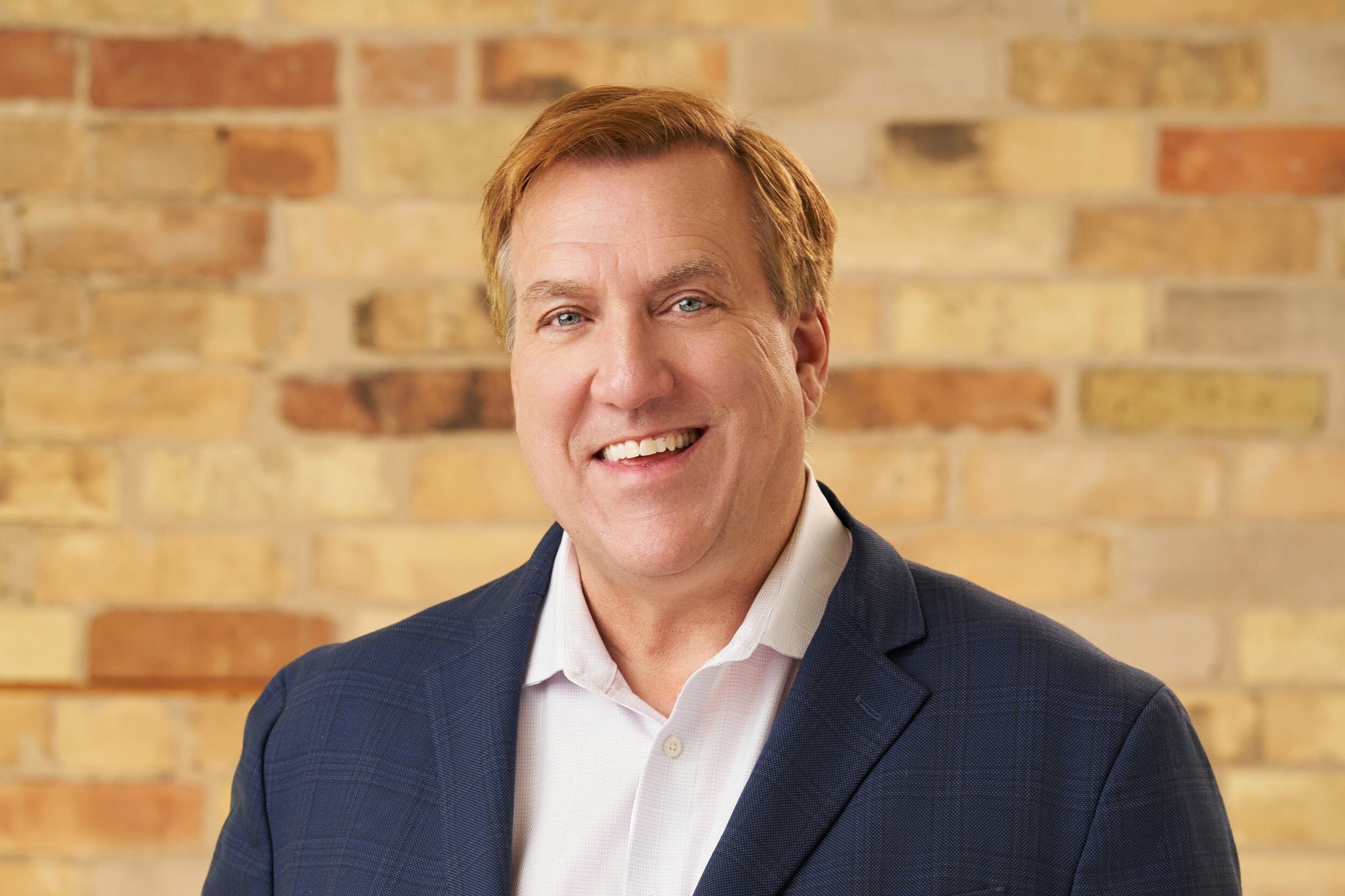
Beyond the Buzz: Mark Bakken’s Take on Healthcare’s AI Revolution
Picture a frustrated patient stuck on hold just to schedule a routine test, or a nurse juggling endless phone calls instead of delivering hands-on care. It’s a scenario all too familiar in healthcare—and one technology keeps promising to fix. But with new AI solutions popping up every day, how do we know what really works?
That’s where Mark Bakken comes in. As the Managing Partner at HealthX Ventures, he focuses on digital health startups, including Orbita, that aim to solve healthcare’s biggest pain points. Mark has seen firsthand what separates bold ideas from lasting impact. In the interview below, he shares his insider perspective on how AI is reshaping patient engagement, the pitfalls of overcomplicating solutions, and why simplicity often wins the day. If you’re curious about the real-world changes happening in healthcare—and how AI can truly make a difference—read on.
From an investor’s perspective, what initially drew you to Orbita?
MB: That’s a great question. I’d say it’s because I believe Orbita offers a standout approach to patient access and navigation. Over time, they’ve refined their AI models to make it more convenient for patients to find exactly what they need when interacting with a health system. At the same time, it helps those systems increase utilization, which is also a benefit for patients. Essentially, Orbita’s technology enables health systems to get more out of their electronic health record (EHR) platforms—like Epic and Cerner—by making the data more actionable and accessible.
You’ve worked closely with health systems. From your perspective, what are the biggest challenges they face regarding patient engagement and access?
MB: The main challenge is communicating in a way that’s convenient for patients, not necessarily for the health system. That could be texting, a patient portal like MyChart, or email—anything that minimizes the phone tag and back-and-forth. Health systems also need patients to follow through on care instructions in a timely manner, which is where Orbita excels. Without simple and efficient engagement tools, patients often get frustrated because the process feels too cumbersome.
Healthcare technology can be full of big promises. What separates the solutions that truly make an impact from those that overpromise and underdeliver?
MB: I’d say it’s all about simplicity. Effective solutions are straightforward and user-friendly; they’re not overly complicated or cumbersome. The technology should make life easier for everyone involved—patients, providers, and payers. Solutions that deliver on that are the ones that stand out.
Can you share an example of how AI-driven patient engagement has improved outcomes or efficiency in a health system?
MB: One example I’d point to involves a company called Dyania. They use AI to process and understand unstructured EHR data, helping identify patients who might qualify for clinical trials or research. Typically, that’s a manual process that relies on keyword searches, which can be slow. With AI, they’re shortening that timeline by six to nine months. That can save lives by connecting patients with the right therapy or clinical trial option much faster.
How do you see AI and automation evolving in healthcare over the next five to ten years, and what role will companies like Orbita play?
MB: We’re going to see AI used everywhere—automating routine tasks, predicting problems before they become severe, and creating “ambient listening” solutions that document and summarize patient histories without clinicians needing to read every detail. We’ll also see AI resolving billing issues and powering call centers, so patients can interact with a system that genuinely understands their language, dialect, and needs. Companies like Orbita will be essential in driving that kind of innovation, especially in patient engagement.
Many health systems are cautious about adopting new technology. What advice would you give them when evaluating AI-driven patient engagement solutions?
MB: I’d remind them why they’re in healthcare in the first place: to provide the best care at the lowest cost. Put yourself in the patient’s or the clinician’s shoes and ask: “If this technology could improve the experience, results, or cost, shouldn’t we give it a chance?” Change isn’t easy, but we need early adopters to work out the kinks so the entire industry can benefit.
Finally, what’s one healthcare trend or innovation you’re personally most excited about right now?
MB: I’m excited about another company in our HealthX portfolio, CareX AI, which can measure a patient’s blood pressure through video—whether via a smartphone camera or a telehealth session. It gives real-time readings in about 10 seconds. Patients don’t need a cuff, and most people already have a smartphone. That’s huge for accessibility—imagine being able to monitor blood pressure anywhere, anytime, without extra equipment.
Mark Bakken’s perspective underscores the critical role of practical, patient-focused AI in healthcare. From streamlining patient scheduling and follow-up to uncovering new clinical trial opportunities, AI’s potential is boundless—if it truly benefits both patients and providers. In that spirit, just as GPS is a practical tool for navigating roads, Orbita acts as the AI-powered GPS of healthcare—guiding patients to the right resources at the right time so they don’t get lost in a maze of phone calls, paperwork, and uncertainty.
Have thoughts or questions about AI in healthcare? We’d love to hear from you! Reach out to learn more about how Orbita is transforming patient engagement.
